The automotive industry is second to none for world class quality controls across their entire supply chain. To maintain this standard, suppliers must adhere to rigid development requirements tracking, proven manufacturing systems and must be open to periodic process audits. This can often mean requiring defect levels that are below 1 dpm (defect per million) at the component level. In order to achieve these levels of outgoing quality, each intermediary step in the manufacturing processes should have quantifiable results that can be monitored and controlled. Statistical process controls are often needed to highlight any departure from normal operations.
Gone is the manufacturing era where a daily batch of widgets could be run for a full shift, and the output sampled for quality. After a review, a technician might tweak some machine knobs at the end of the day to ensure compliance. Today’s pace of the global manufacturing environment requires adherence to quality and manufacturing consistency on an ongoing basis. Monitoring the automotive manufacturing metrics to ensure that quality can be achieved is paramount.
With batch setups and teardown for discrete customized manufacturing runs, repeatability of process is critical to manufacturing the same product today that was made yesterday. Variance minimization can be achieved by tracking the key performance indicators (KPI) and system requirements. In-situ quality monitoring can be implemented with industrial IoT initiatives. Monitoring machines and processes for adherence to conformity can identify any initial deviance from normal control limits. Drill holes can be monitored for depth, force and accuracy. Mechanical conformity tolerance can be tested with visual acumen. Machine vibrations can be tracked for performance expectations. Statistical analysis will highlight the impact and time critical nature for remediation of the issue.
Quality planning
Historical quality issues can be used to investigate root causes of defects and implement corrective actions. Previous manufacturing generations may have manually searched for parts to identify quality issues. However, this information can now be extracted from data that is harnessed from machines within a factory. Efforts to discover defects and reveal the causes can now be performed with algorithms that intelligently model manufacturing data analytics. IoT machine sensors can be targeted to monitor those areas of the production process that are the most critical to the outgoing product quality.
Quality Control
By controlling production in real-time, any quality issues that arise can immediately be identified. Through implementing predictive maintenance and repairs in advance of problems, most of the breakage can be mitigated in advance. Defect discovery should be identified as soon as possible and from the smallest quantity possible. When observing the manufacturing quality, iterative feedback loops for corrective action can be tight and timely.
Quality Assurance
Effective tracking of problem reports and customer complaints helps resolve the quality queries in a timely fashion. By closing the loop from customer issues to identifying problems before they leave the factory floor, overall quality response can be improved, and end-customer quality satisfaction will increase. Machine performance parameters can be tracked to identify out-of-bounds conditions when they occur. Alerts can be sent for management decisions to take corrective actions and quarantine any suspected material for further investigation.
Machine Metrics IoT dashboards offer insight into KPI metrics and Process optimization. The health of equipment can be tracked with machine monitoring in real-time. Solutions to manufacturing challenges can be realized through the data provided by the equipment instead of halting a line and having personnel investigate to find the point issue. By monitoring production KPI across the enterprise, quality issues can be identified, corrected and improved before a customer discovers them.
Discover how MachineMetrics helps automotive suppliers use machine data to improve real-time product quality.

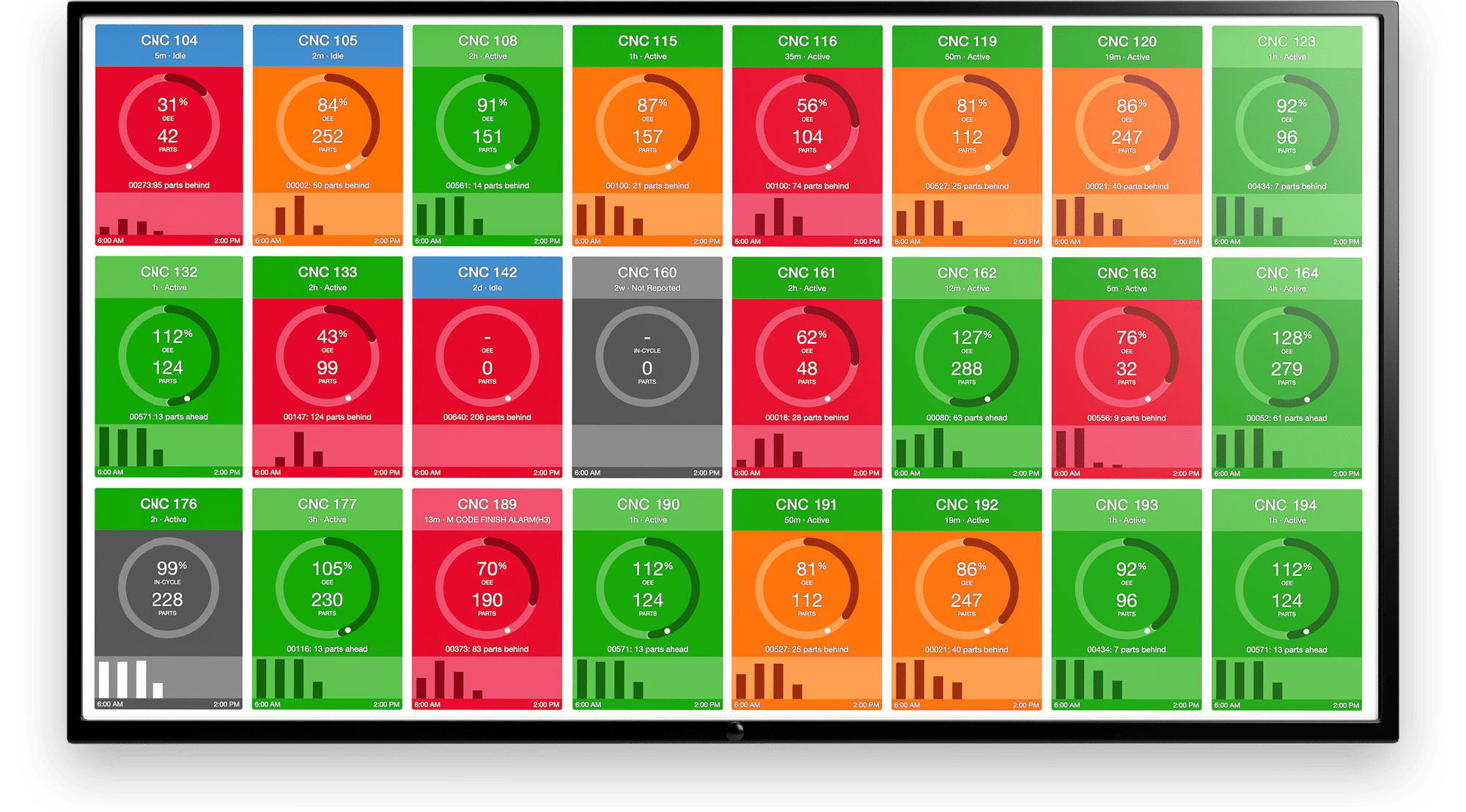
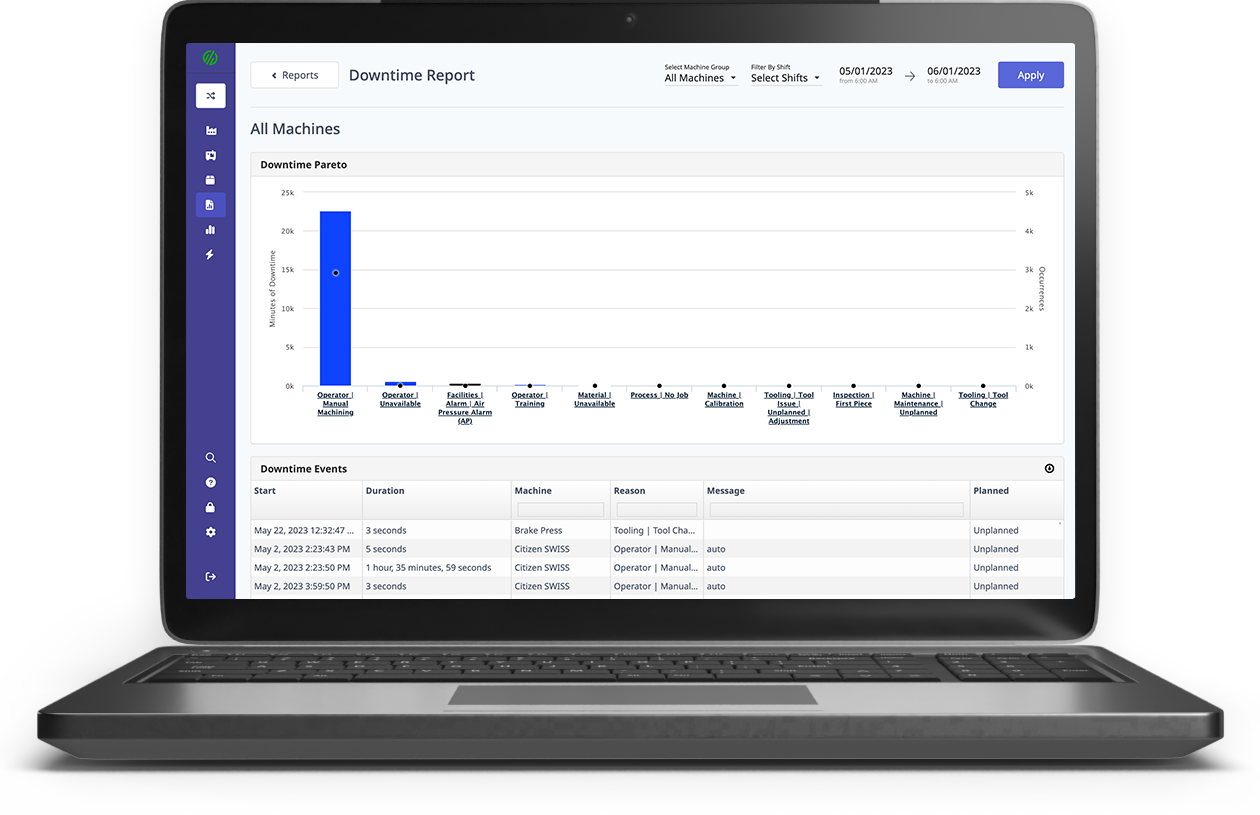
.png?width=1960&height=1300&name=01_comp_Downtime-%26-Quality_laptop%20(1).png)

.gif)
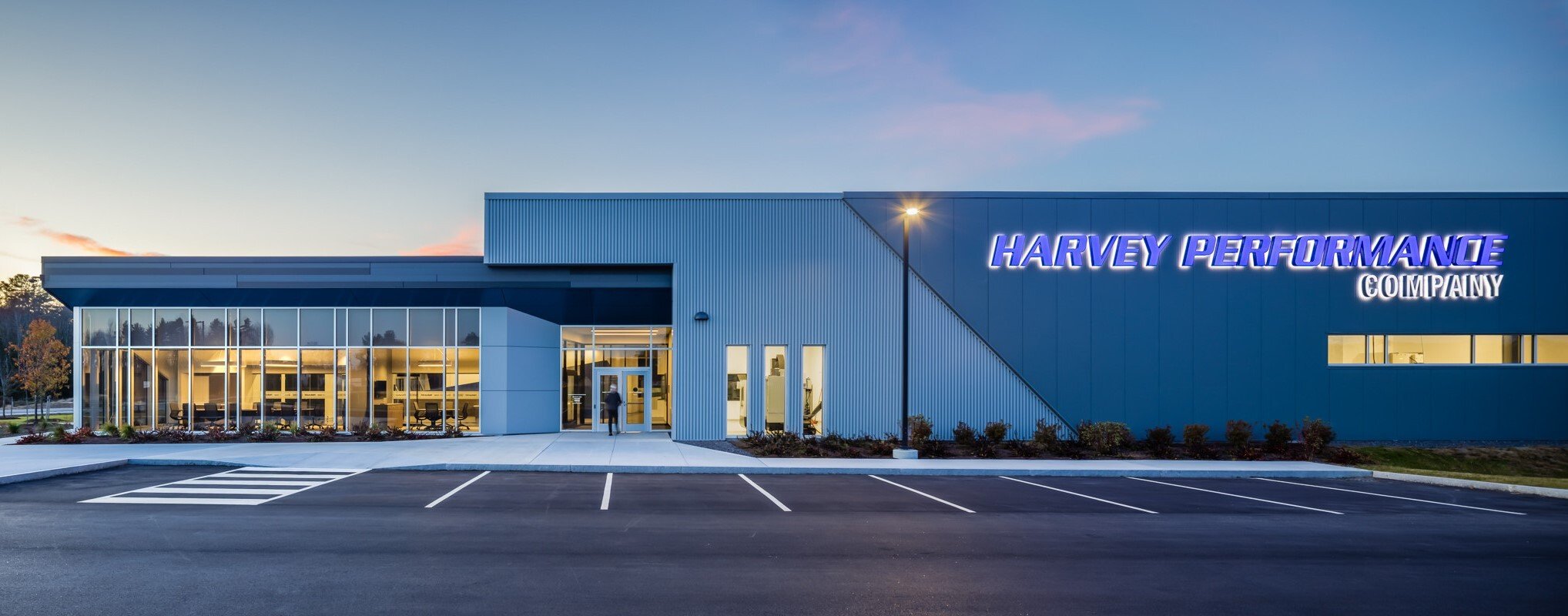
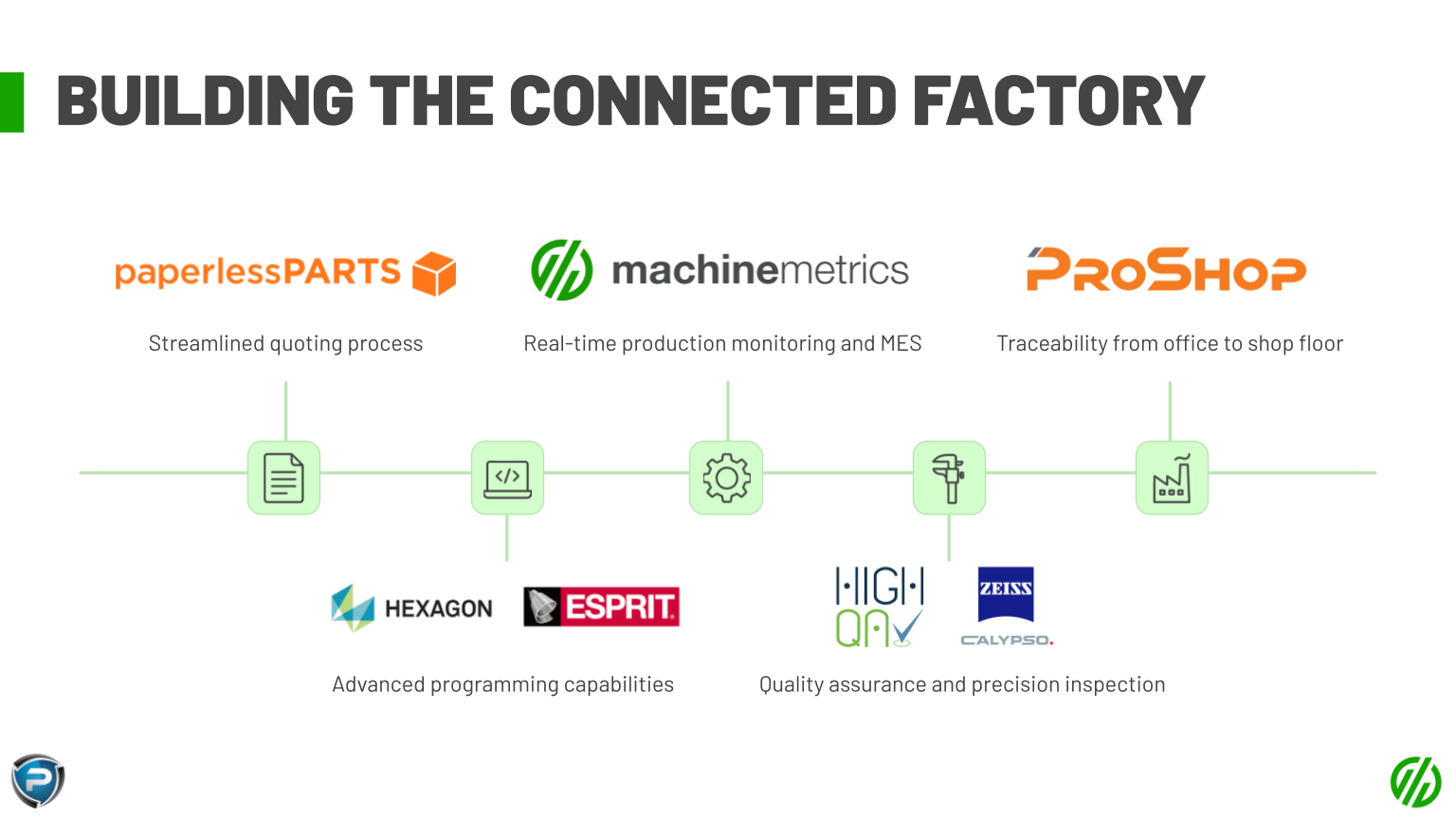

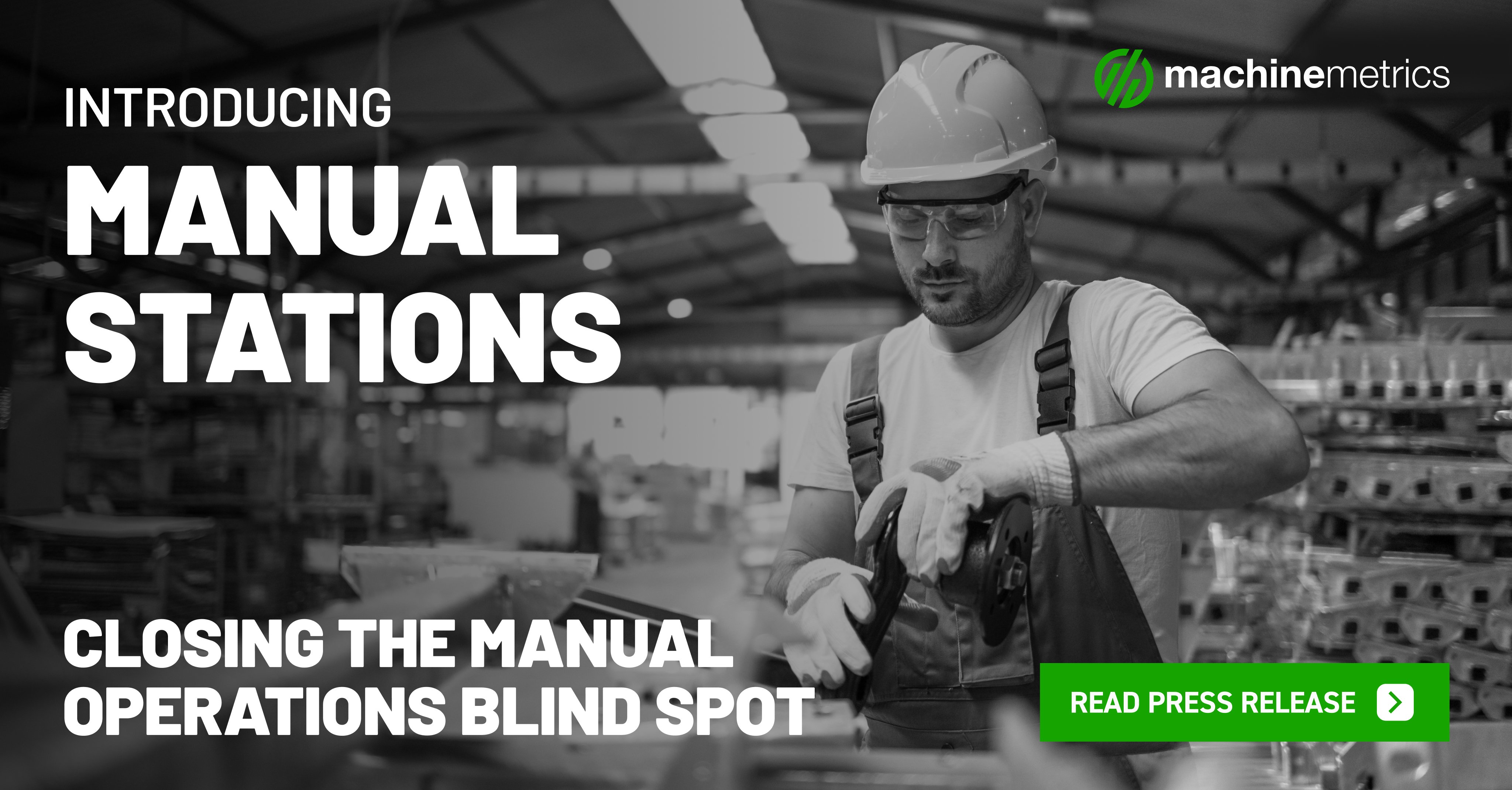
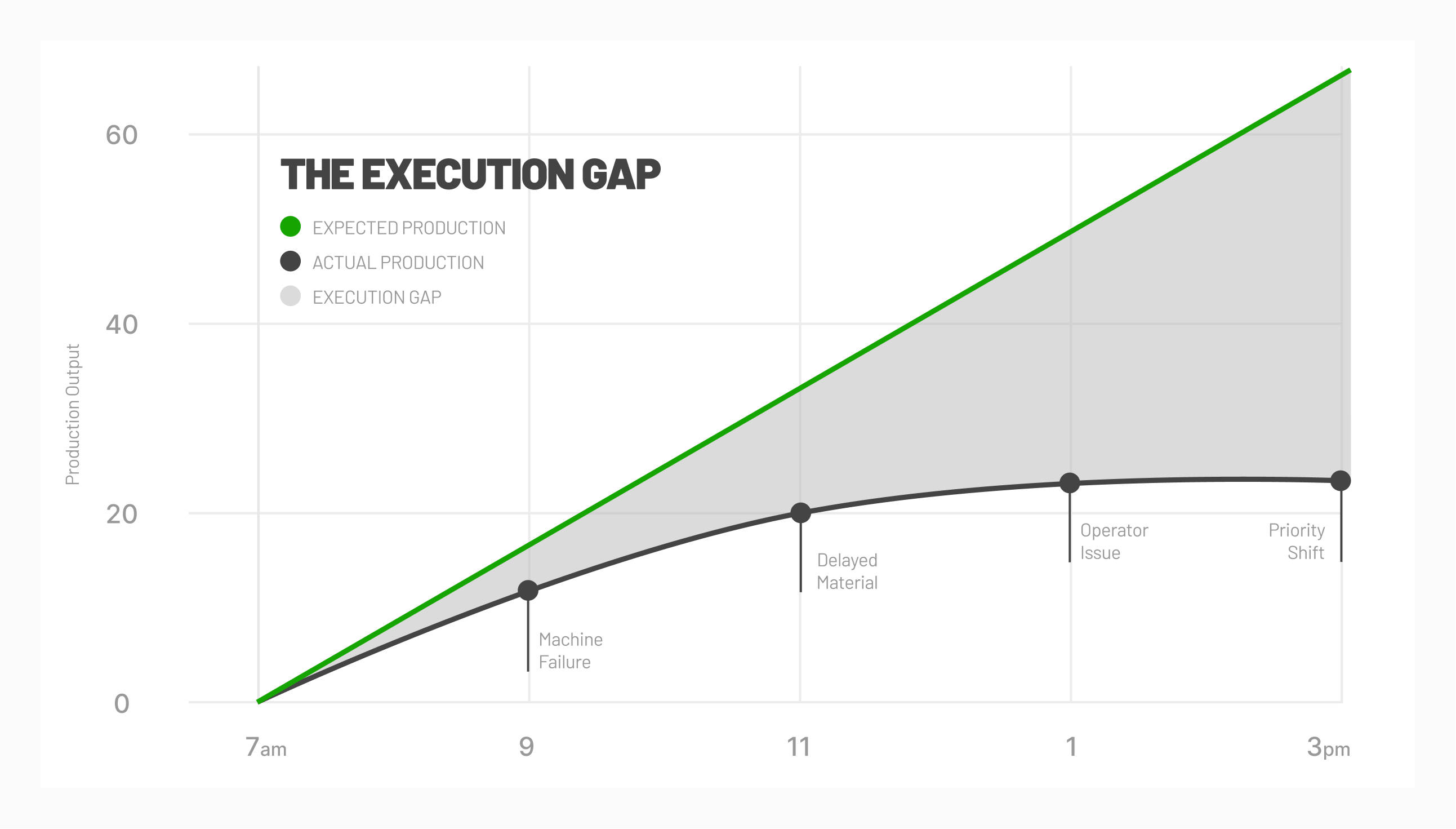

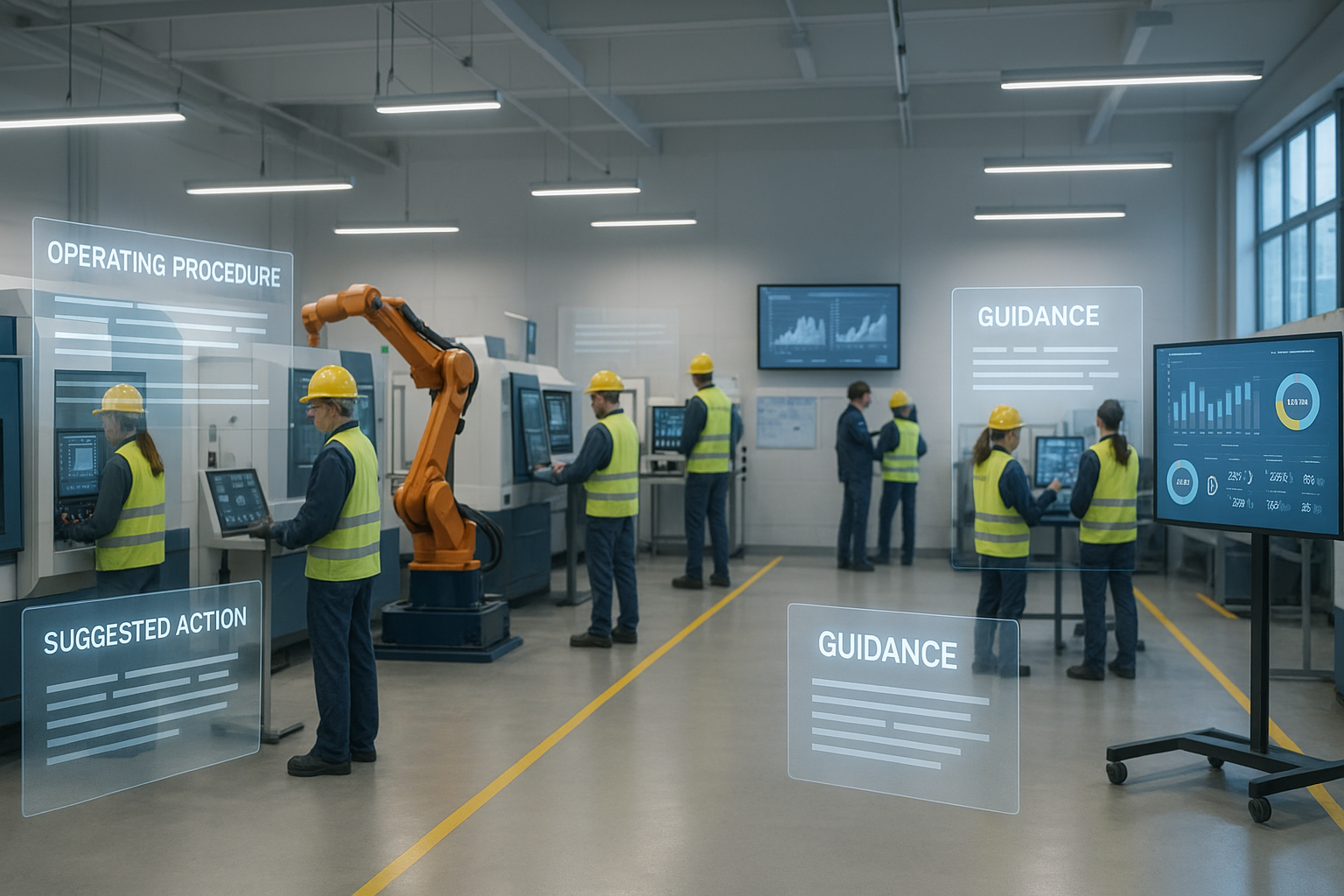

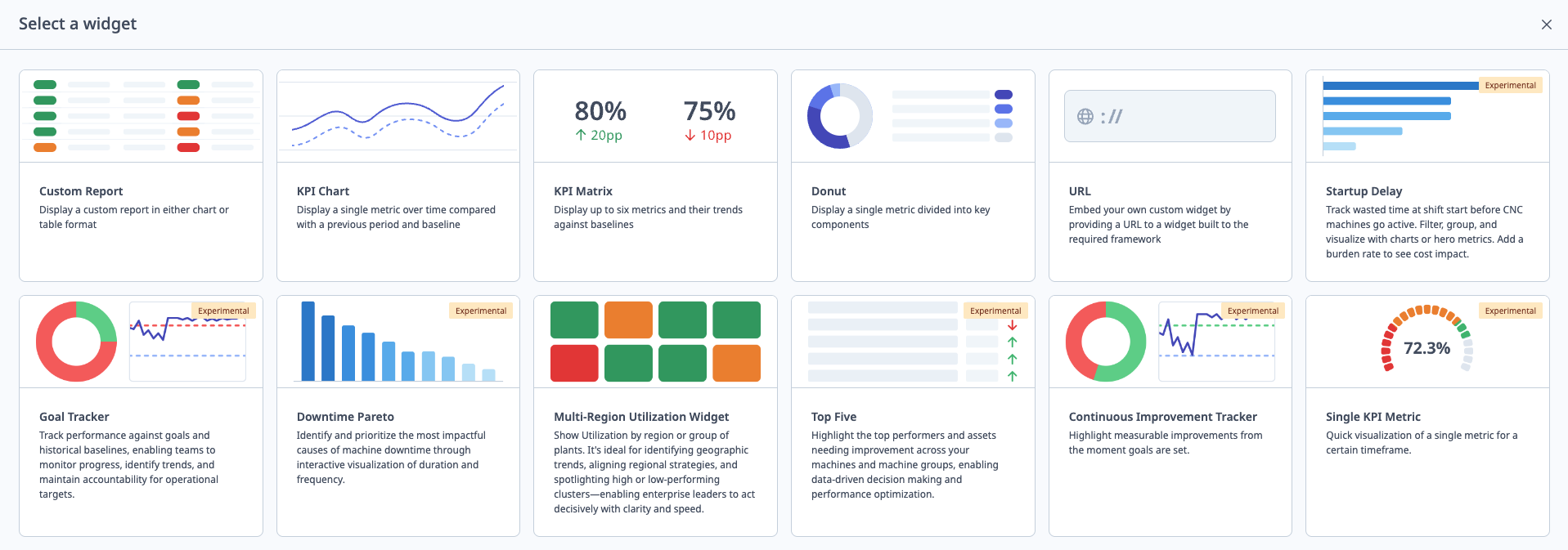
Comments